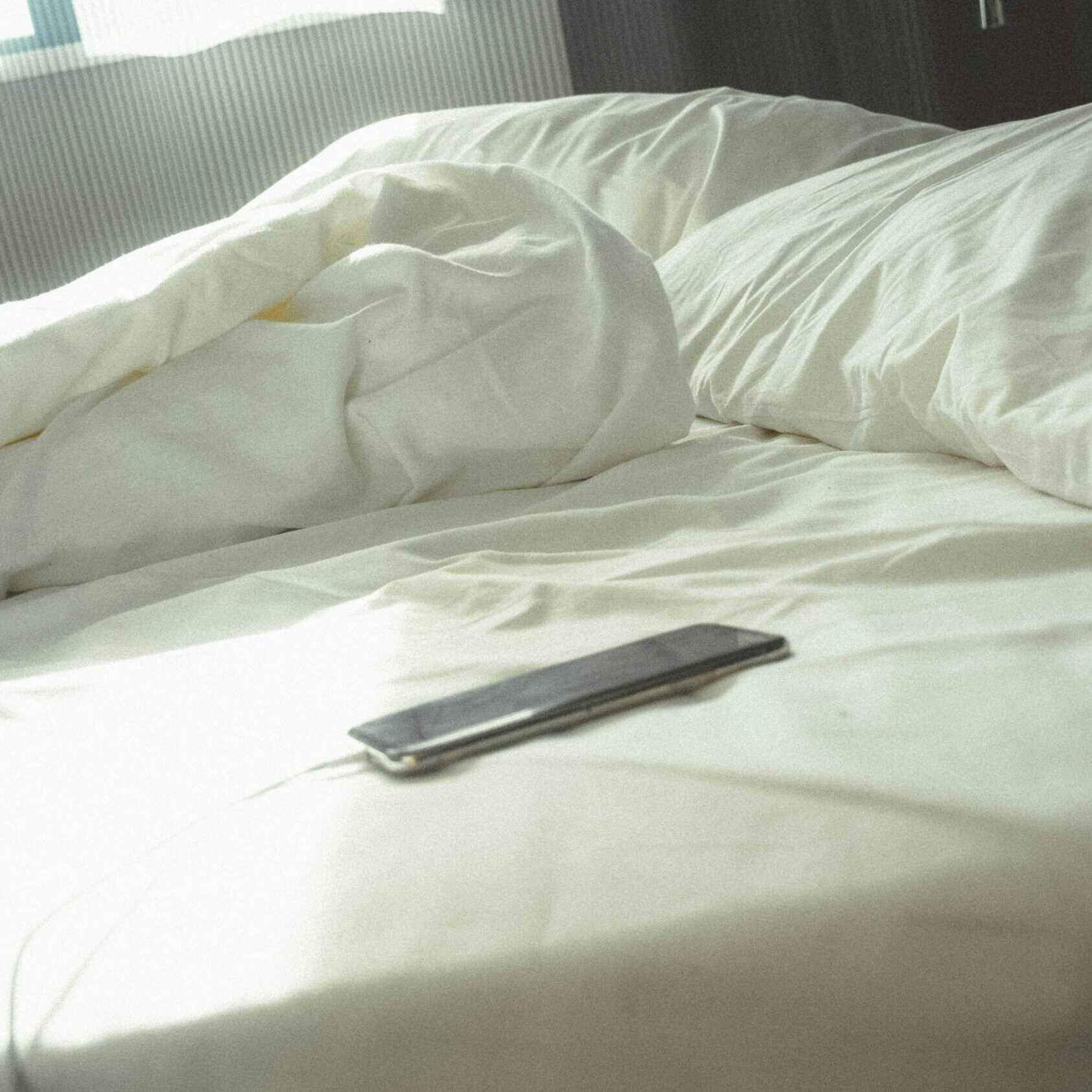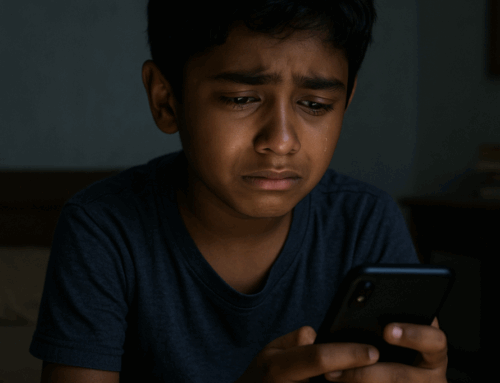You wake up late, make your coffee and breakfast, and take it back into bed with you. You stream something on your laptop, maybe it’s a comfort show, and pull out your phone to scroll, without any intention to stop. You stay like this for the whole day; you perform no chores, you are intentionally unproductive. You have successfully spent a day bed rotting.
According to Thred, bed rotting was a TikTok trend coined by user @g0bra77y, who asked this question in one of her videos, “Who actually likes rotting in her bed?” before pointing the camera at herself. Millions of people resonated with her. G0bra77y’s video has over 1.4 million views, and the most liked comments read, “My favourite activity” and “I wish it were acceptable to tell ppl this is my hobby.” The term gained instant acceptance and 24% of Gen Z admitted to bed rotting.
In its first incarnation bed rotting was seen as an act of self-care, a permitted day of rest. According to Bustle. “The goal is to lie in bed for as long as possible and fully give in to any mental or physical fatigue you might be experiencing.” Some users talk about making the act of passively consuming content a part of their weekly routine. Others say they bed rot when they feel burned out: it counters the pressure to be productive every day, and gives them the space to rest.
Courtney DeAngelis, PsyD, (NewYork-Presbyterian/Columbia University Irving Medical Center): told Health that bed rest in small doses can calm the body and help ease stress and exhaustion. We live in a time of constant notifications, under pressure to be hustling towards our goals, and even our self-care activities can create more pressure, doing a skin care routine to have ‘glass skin’, going to pilates, reading a self-help book or journaling to create a better version of yourself.
However, bed rotting is not without its risks. Some users have raised concerns about disrupted sleep resulting from staying awake in bed, which can cause the brain to stop associating the bed with sleep. There’s also the potential for adverse effects on mental health. Mental health professionals have expressed concerns that severe bed rotting could be a manifestation of underlying mental health issues such as depression or anxiety. This cautionary note is important to keep in mind when considering ‘bed rotting’ as a form of self-care.
If you do decide to bed rot, it’s essential to maintain a sense of balance and moderation. Limiting your time in bed, as well as your screen time, can help avoid getting stuck in a burnt-out cycle. A book or some music can serve as a good break from the screen. We all deserve to rest, but we don’t need to bed rot to achieve it. By making mindful choices, you can enjoy the benefits of bed rotting without falling into its potential drawbacks.
Chloe Clarke is a volunteer contributor to Power of Zero’s digital well-being blog, exploring the intersection of youth, technology, and mental health.







Leave A Comment